Alaska Under Attack: The Four-Front Fight for Our Public Lands
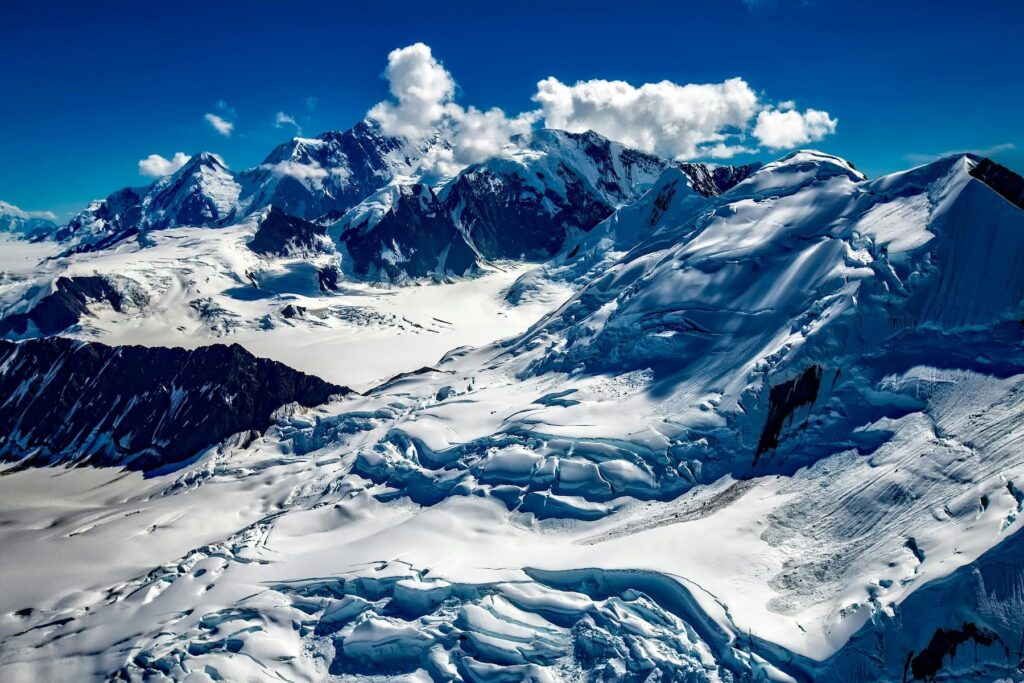
Let’s not sugarcoat it: Alaska is in the crosshairs.
From the edges of the Arctic Ocean to the old-growth of the Tongass, the Trump administration is launching a full-scale attack on some of the wildest places left in America. They’re gutting protections, fast-tracking drilling and logging, and tossing aside Indigenous rights and climate science—all to give extractive industries one last payday.
It’s overwhelming by design. When there’s no real strategy, chaos becomes the playbook.
But we know how to fight tactless chaos: with collective action and an unshakable commitment to protecting what matters most.
Below, we’ve broken down four major threats facing Alaska’s public lands and waters and the steps you can take right now to help stop them.
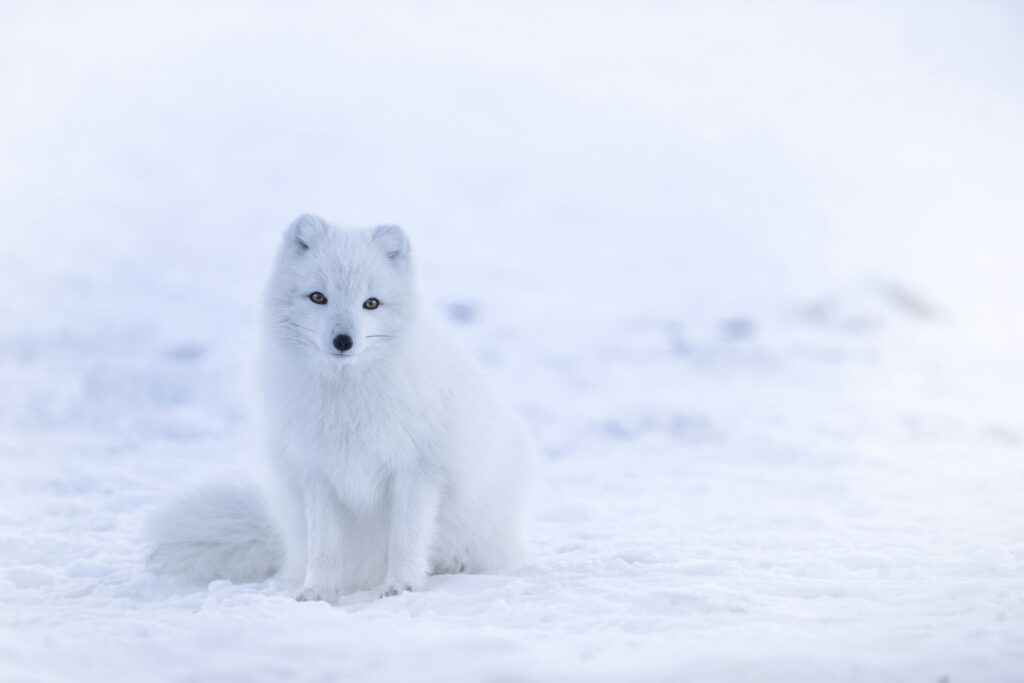
1. Western Arctic: Special Protections on the Chopping Block
The Western Arctic is facing one of the biggest threats in decades.
The Trump administration just proposed gutting protections for 13 million acres of this iconic landscape. That’s caribou calving grounds, polar bear denning habitat, migratory bird nesting sites, and tundra that’s been home to Alaska Native communities for generations—all in the crosshairs of oil and gas.
These aren’t just arbitrary “Special Areas.” They’re some of the last intact Arctic ecosystems in the country. They’re sacred. They’re science-backed. And they WERE protected under President Biden, who approved this policy shaped by Indigenous knowledge, scientific data, and a quarter-million public comments from people like YOU demanding real, lasting protection.
Now, Trump’s team wants to undo it all and give fossil fuel billionaires a green light to drill.
We’ve got 60 days to fight back. This is a call to action.
As our Executive Director, Kristen Miller, said: “This is another outrageous attempt to sell off public lands to oil industry billionaires at the expense of one of the wildest places left in America.”
So let’s make it clear: We’re not backing down on the Western Arctic.
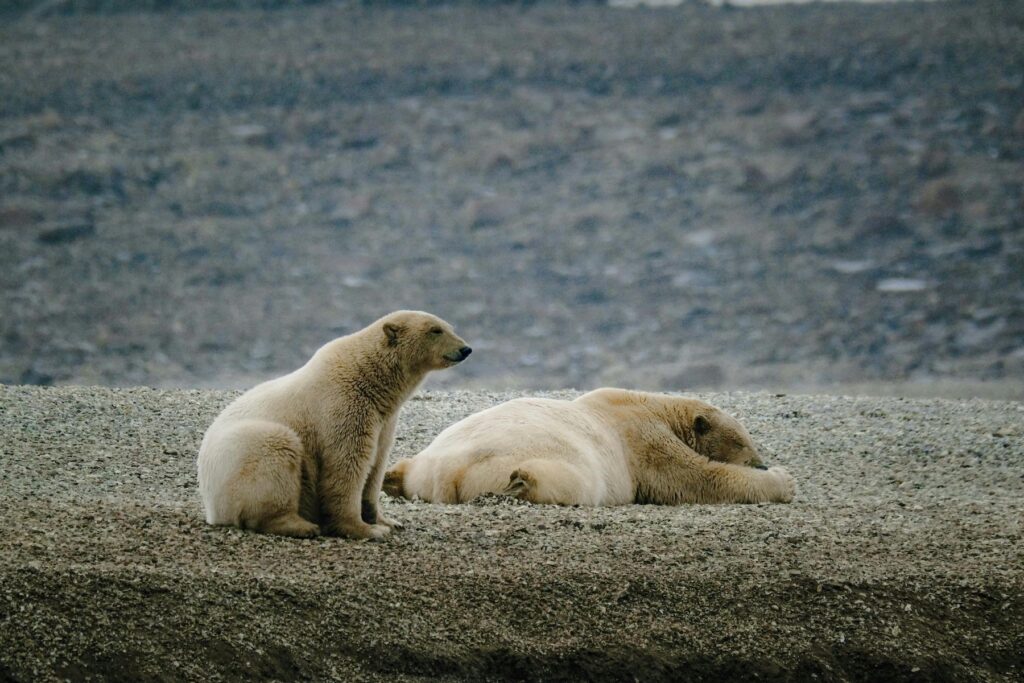
2. Budget Reconciliation: Arctic Refuge Still in the Crosshairs
At the end of May, the House narrowly passed a sprawling budget reconciliation bill. While threats to the Western Arctic and the Ambler Road were stripped out at the last minute, language targeting the Arctic National Wildlife Refuge is still in, and it’s dangerous.
If this bill moves forward, it would fast-track drilling in one of the most climate-critical landscapes left on Earth and hand Big Oil a blank check to destroy Indigenous lands, bypass public input, and unravel decades of hard-won environmental protections.
The Senate is next. They are likely to make adjustments and changes, which means it’s back to the House after that for another round of approvals. Once that happens, the window to stop this bill narrows fast.
Call your Senators now and tell them no Arctic Refuge giveaways. No backroom deals. And no billionaire tax breaks at the expense of the planet.
The Arctic isn’t a bargaining chip.
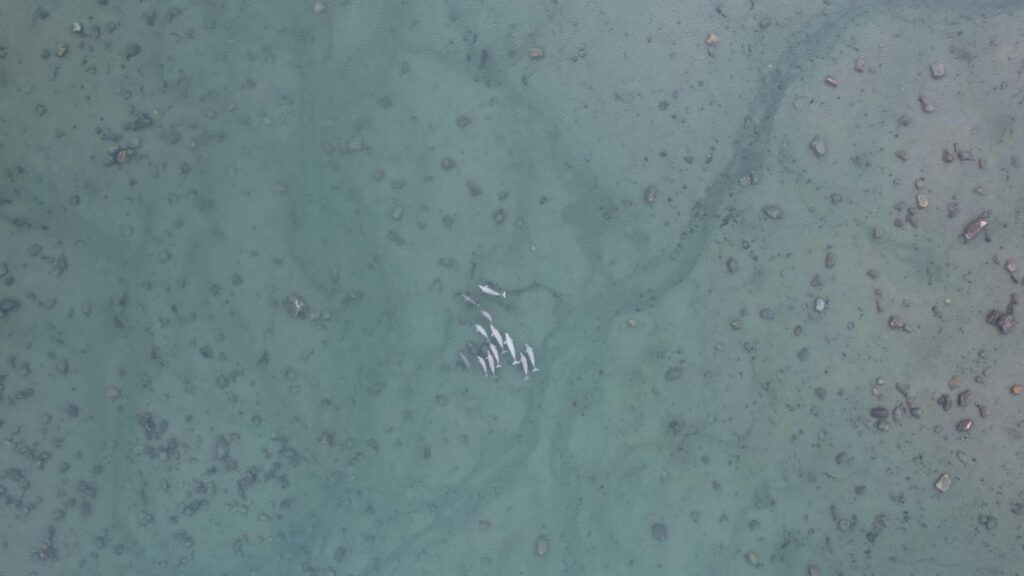
3. Arctic Ocean: Five-Year Plan Could Open the Floodgates
In April, the Trump administration launched a new five-year offshore drilling planning process, and the first step is already underway.
Right now, they’re gathering public input through a “Request for Information” (RFI). If we don’t speak up by June 16, we risk letting them open the floodgates to more oil and gas drilling—including in the fragile waters of the Arctic Ocean—where a spill would be impossible to clean up and catastrophic for wildlife, coastal communities, and the climate.
Let’s not kid ourselves: This plan isn’t about energy security. It’s about protecting profits for the oil industry, even as they sit on over 12 million acres of unused offshore leases. They’re already extracting more oil than ever, using automation, not Alaskan jobs, to do it.
Meanwhile, the Arctic is melting. Sea ice is vanishing. Coastal villages are eroding into the ocean. And still, this administration is pushing a plan that could lock us into more fossil fuel dependence, just as the world is racing toward clean energy.
The Arctic Ocean is no place for drilling. Not now, not ever.
Tell the administration: No new offshore leases. No more Arctic drilling. No sacrifice zones for corporate greed.
Submit your comment before June 16 and help stop this plan before it gets off the ground.
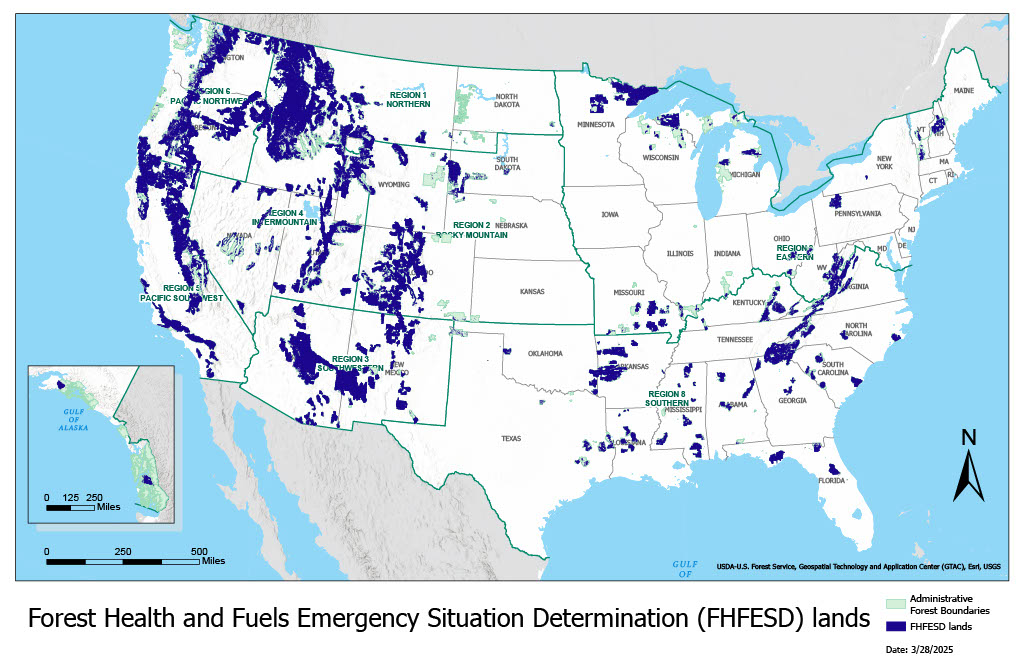
4. RACA & the Tongass: Roadless Rule Under Threat (Again)
If you’ve ever stepped into the Tongass National Forest, you know this isn’t just any forest. It’s the heart of Southeast Alaska.
But once again, the Tongass is on the chopping block.
In April, the Trump administration re-declared a so-called “emergency” across 112 million acres of National Forests, including sections of the Tongass. The goal? To fast-track industrial logging under the guise of “forest health” and “national security.”
Let’s be clear: clearcutting old-growth forests won’t solve wildfires or make us “safer.” What it will do is funnel taxpayer dollars into destructive timber sales, damage Indigenous food systems, harm local economies built on tourism and recreation, and accelerate the climate crisis.
Meanwhile, the Forest Service has been ordered to ramp up logging by 25% over the next five years all while ignoring the science that says intact forests are our best natural defense against climate impacts.
The Tongass contains some of the last wild, roadless, rainforest ecosystems left in the world. It’s time we treated it like the cultural treasure it is.
ACTION COMING SOON!
It’s All Connected
At first glance, it might seem like we’re fighting on four different fronts—the Western Arctic, the Arctic Refuge, the Tongass, and the Arctic Ocean. But don’t be fooled. This is one coordinated effort by the Trump administration to sell off Alaska’s public lands and waters to extractive industries, no questions asked.
It’s a race to extract, pollute, and profit for a few with no regard for climate, communities, or future generations.
This moment is about more than individual places. It’s about a future where we finally put people over profits and our land isn’t just a line item for billionaires. We hope you’ll join us.
